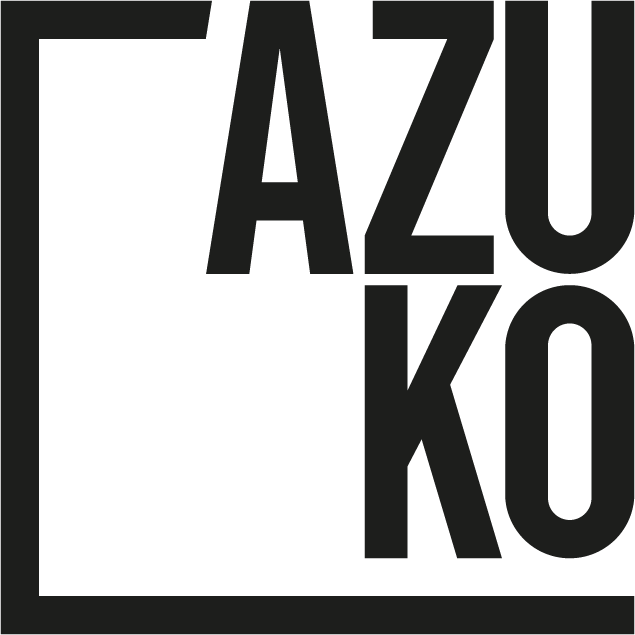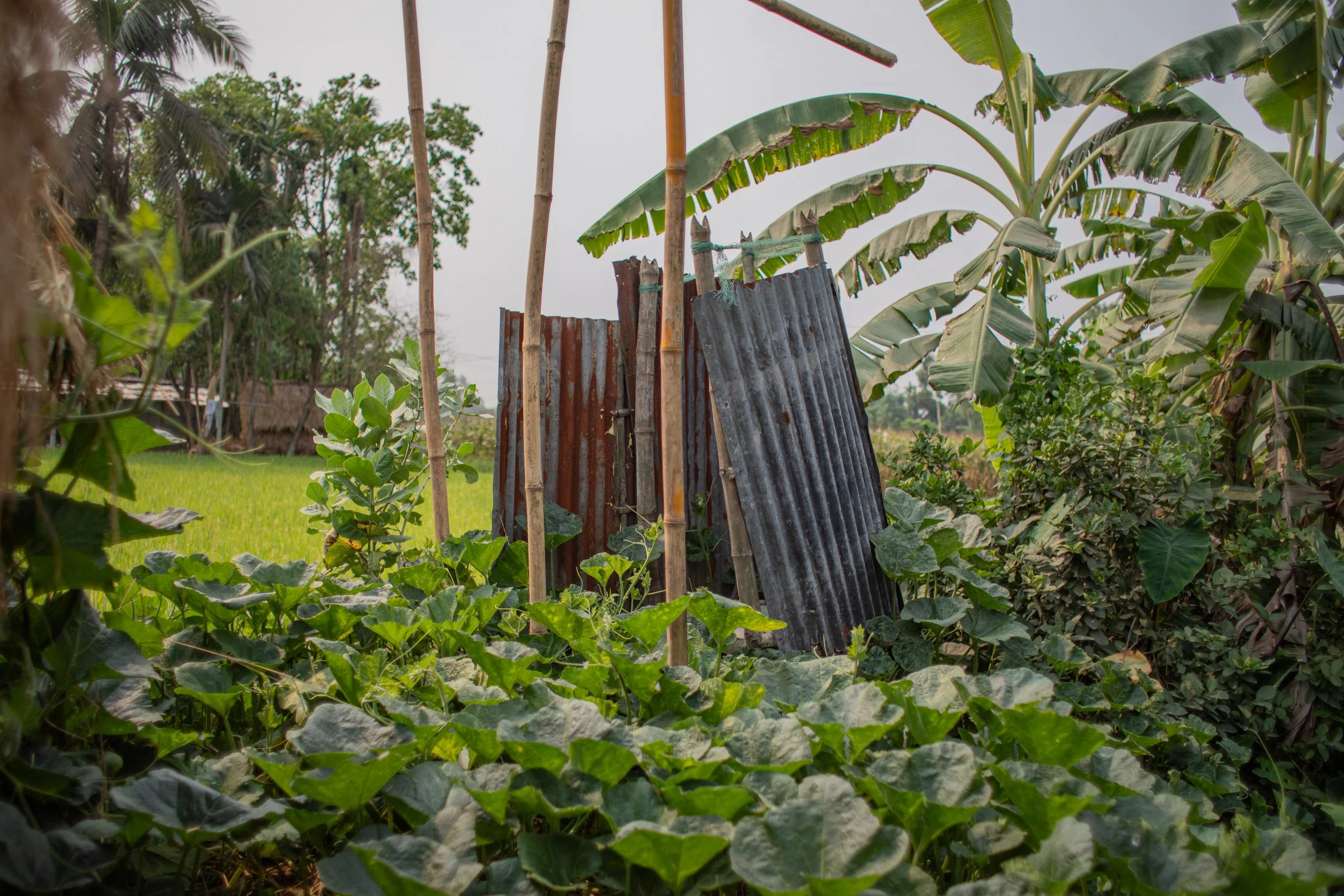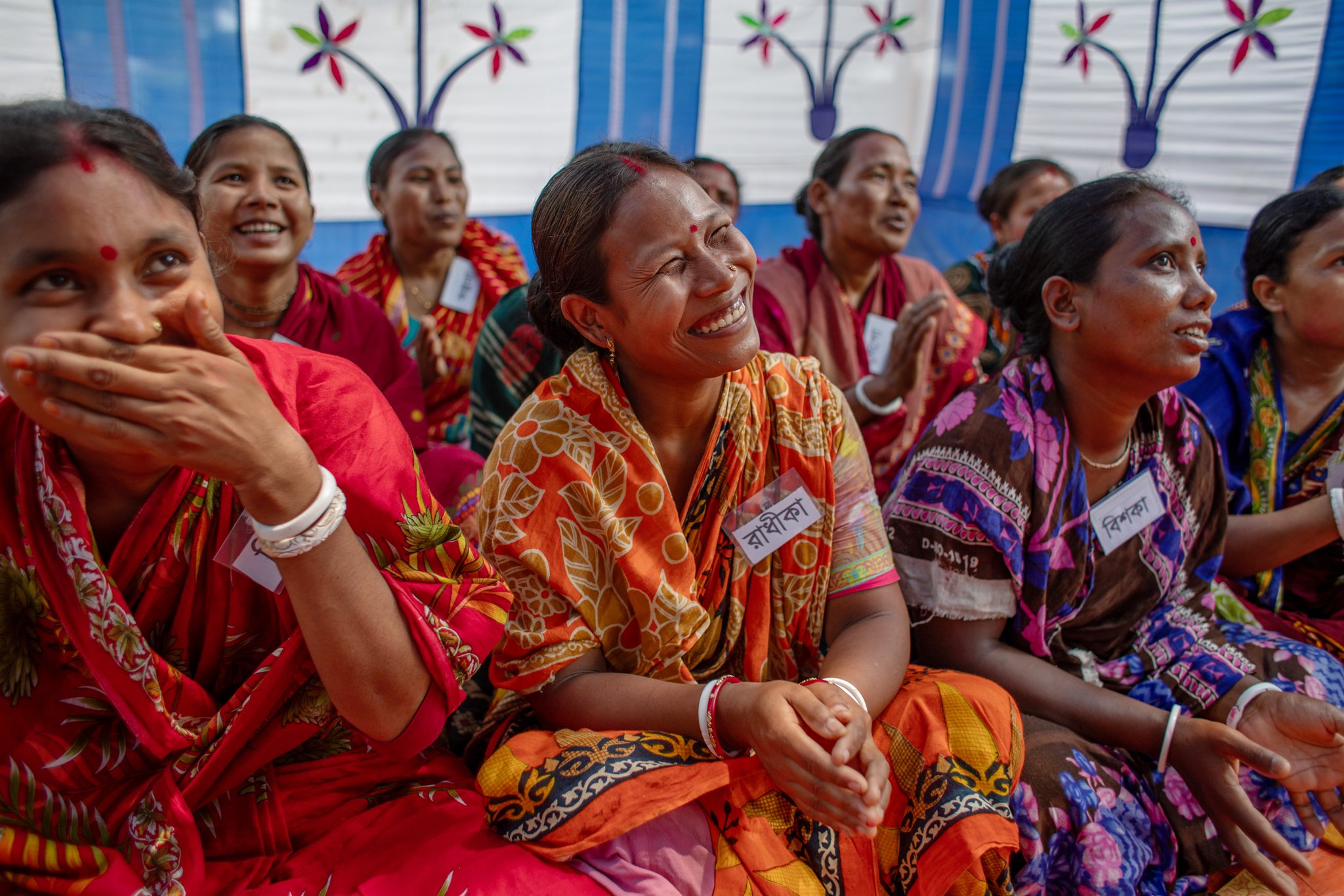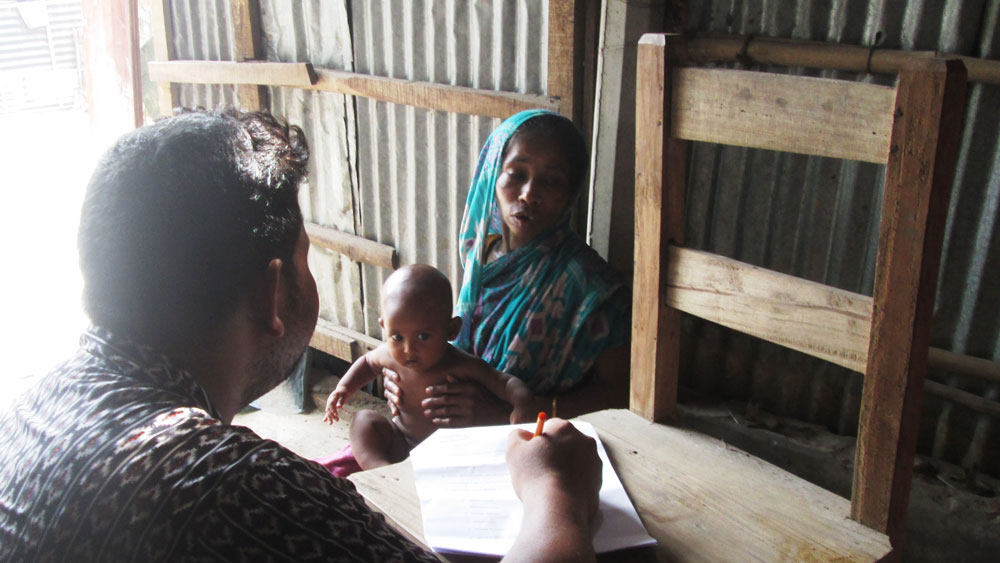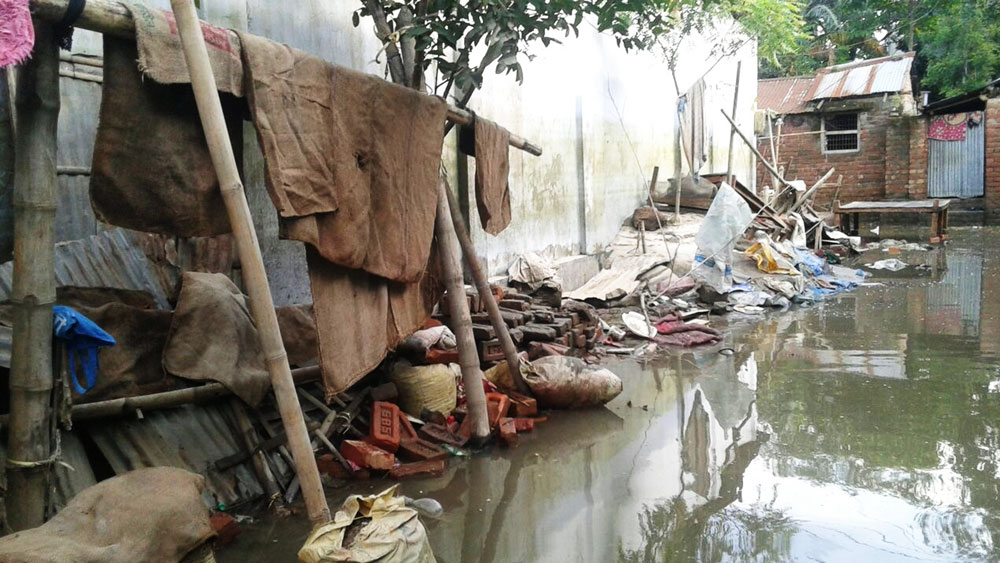In a recent interview Beth Ashbridge, one of AzuKo's major donors and longterm volunteers, talks about her yearning for enlightenment, her deep family ties with public interest design (PID) and... her connection to pear trees.
At AzuKo, we look to shape a family around the work that we do. We believe it's crucial for the health of our craft, ourselves and those we serve.
Beth speaks of the care she has for AzuKo's work - the care of a sister - and why it's important that she is vested in it. She shows why support for AzuKo is a voice to the voiceless and a commitment to justice and dignity for all people and all generations.
(From New York by way of Newcastle)
Beth, tell us a little bit about yourself...
I am a Novocastrian 30-something chocophile who plays a spot of tennis now and then. A scientist by trade, I now work in the field of pharmaceutical patent law litigation in New York City. I currently live in Harlem and enjoy jogging around Central Park, primarily for the purposes of people-watching. New Yorkers are a fascinating species.
What is it about your experience and your life that has inspired you to give back?
I have led a privileged and protected life. I have been given every opportunity by my parents to develop knowledge, travel to other countries and cities, try new things and meet so many wonderful people. I don't have an 'aha' moment per se, I just have a sense of fortune and love and I want to pay it forward. Giving money to a cause that directly impacts the comfort and ease of others is one way to thank the universe for a life loved.
How would you describe your personal mission?
To learn as much as I can. Live as fully as I can. And be there for others in any way I can.
What do you believe would most disrupt the challenges associated with poverty? And why is AzuKo the right organisation to do that?
I am not at all in this field of expertise but it seems like putting a spotlight on issues that perhaps do not make for 'good media' or are not 'social media worthy' are key...
“Working out how to humanise a problem is always going to be challenging and so an organisation like AzuKo is here to champion the communities who do not get the recognition they need to make real change in their daily lives. By facilitating development and change from within, AzuKo offers a sustainable way to improve the human condition.”
What is meaningful to you about donating to AzuKo?
Jo is my favourite and only sister. I have seen firsthand how tirelessly she works to do the most with every penny she receives in donations. Her determination and dedication towards impacting people's lives is inspirational. This is the easiest donation I have ever made and will continue to make going forward.
What would you like to pass on to future generations?
You only live once. So live every day to its fullest. And be kind.
What makes you hopeful and happy?
When I see a kind gesture on the subway or while I am wandering through the world, I am reminded that human kindness is all around us and that small gestures are happening all the time between friends and strangers without fanfare or expectation. I believe that these little and large kindnesses far outweigh the evil in the world, and that makes me hopeful and blissfully happy.
Fun one... If you were a tree, what species would you be? And why?
A pear tree. It feels classically British. Pear trees tend to live together in orchards, happily supporting one another and feeding their human neighbours with sugary sandy goodness.
